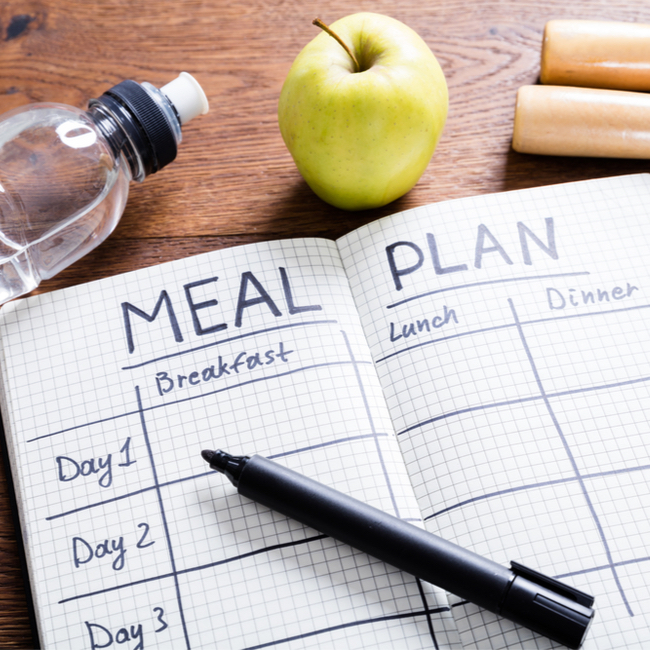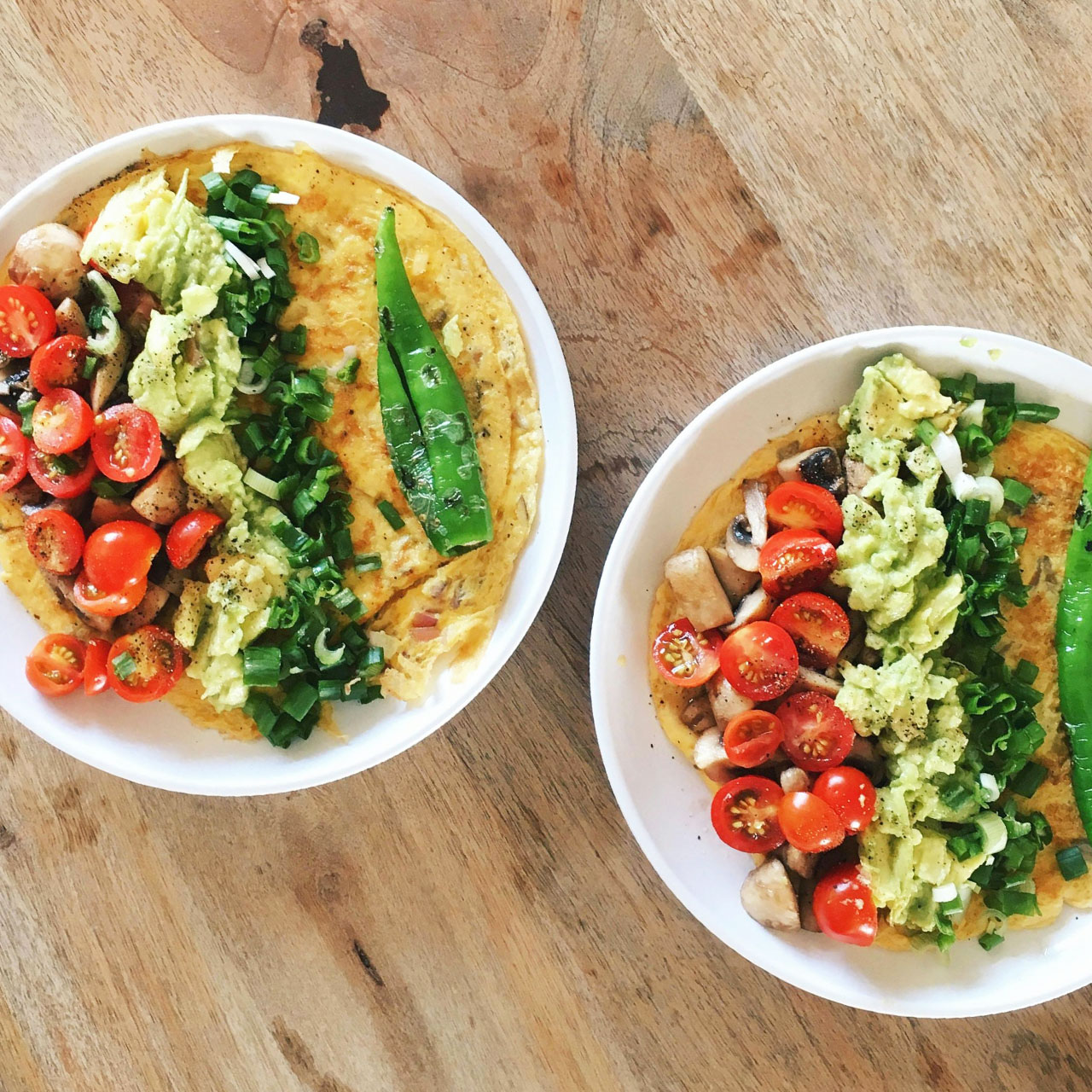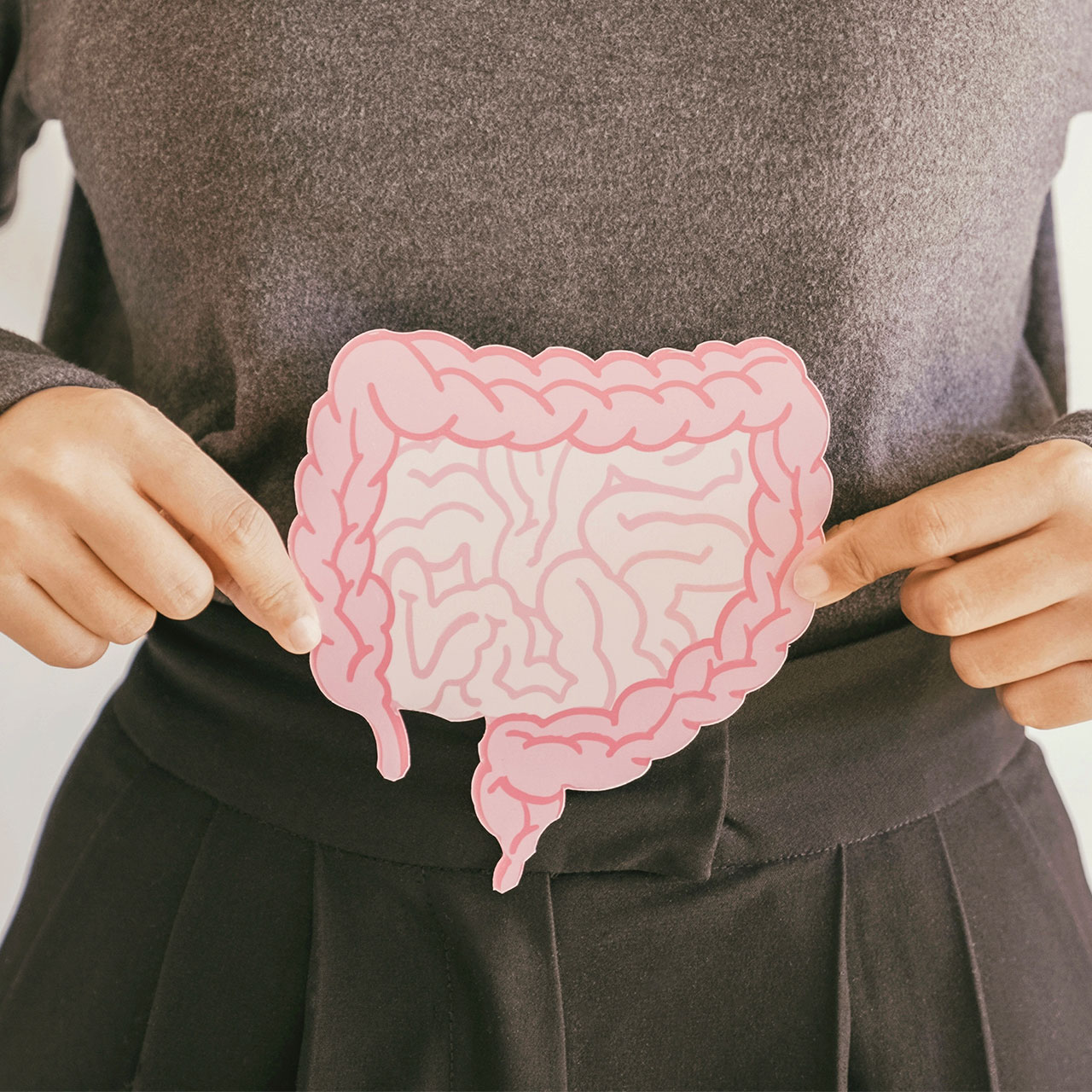Looking to food as a coping mechanism for stress is common and something many struggle with, doctors say. While this is nothing to feel ashamed of, it might lead to weight gain or eating when not truly hungry, which could be troubling if your goal is a healthy metabolism. With that said, we checked in with doctors and health experts to learn more about not only what causes stress eating, but also how to cope with stress without seeking food and while prioritizing your mental health. The healthiest way to prevent stresss eating overall, we learned, is possible by following several tips. Read on for suggestions and advice from Dr. Sylvia Gonsahn-Bollie, M.D., DipABOM, C.E.O. and Lead Physician of EmbraceYOU Weight & Wellness and obesity medicine specialist, and Dr. Julia Kogan, PsyDHealth psychologist, stress and sleep specialist.


Tip #1. Find Non-Food Related Methods To De-stress
Whether you like taking a walk to clear your head or listening to your favorite album, finding other ways to de-stress that don't involve food is crucial to preventing stress eating overall, Gonsahn-Bollie advises. “As an integrative obesity specialist who’s also had to overcome stress eating on my personal journey, I understand how challenging stress eating can be," she acknowledges. The first and most important key to addressing stress eating, she stresses, is "finding non-food ways" to handle your stress. She adds, "and I’m not talking about dieting or 'just saying no.' Dieting only adds to your stress level."
First, Gonsahn-Bollie suggests acknowledging your stress level. Then, she says to recognize that food is a temporary stress reliever. "Many of the foods we crave when we are stressed such as processed foods high in fat and sugar can actually worsen our stress levels," she notes. In the heat of the moment when faced with a stress-induced craving, she says to "take a slow, deep breath." Deep breathing, Gonsahn-Bollie says, "activates our body’s natural stress relief system, the parasympathetic system." By taking slow, deep breaths you can "soothe yourself and thoughtfully ask, 'what do I really need right now?'" she says, and discover if it really is even food or not. "I’ve found often the answer isn’t food, it’s a break," Gonsahn-Bollie adds.

#2— Pinpoint What Stresses You Out Or Triggers A Reaction The Most
After realizing what can help you feel better, it's also crucial to recognize what makes you feel stressed, Kogan says. This, she notes, can help you better prepare for specific situations as you will now hopefully have ideas in mind to de-stress that don't require food (when you aren't truly hungry, of course). "The best way to prevent stress eating is by gaining better insight into early clues that we are feeling stressed or anxious," Kogan advises.
"Something I recommend is to identify early signs that stress is increasing. This can be physical clues, how our behavior changes, how our thoughts change, or how our emotions change under stress," she adds. The earlier we can catch stress escalating, the faster that we are able to "do something about it," she notes. Since eating is often a coping mechanism for stress, identifying other coping mechanisms can be helpful, such as "taking a walk, engaging in deep breathing, and journaling."

#3— Use A Journal To Track Your Daily Meals
Kogan introduces another helpful strategy: self monitoring. This, she says, can include "keeping a journal of all food that is consumed," and before someone eats something, they would "record several things in their journal." For example, Kogan recommends jotting down the "time, place, what they were doing, what they were thinking, and any other relevant information."
She dubs this to be a "great way to take notes on ourselves so we can gain further information into the situations that may cause stress eating." By taking notes before consuming food, this puts a "pause between thinking about stress eating and actually doing it," Kogan says. Stress eating can feel "very automatic for some," she explains, so "breaking this association by using the self monitoring strategy can be very helpful."

4. Make Daily Schedules & Routines To Rely On
Kogan says that "most people tend to stress eat at night when they have more free time," and another way to prevent this is by creating a tried-and-true daily schedule or routine to rely on in order to prevent additional stress. "Coming up with a plan of what you will do proactively to replace the stress eating can be helpful," she says. While responding in the moment can also be helpful for some, "having a plan for triggering times, such as nighttime can be beneficial for many."
Kogan also recommends minimizing access to snacks if you are prone to snacking when stressed (putting them away at certain times, referring back to your journal, etc). When something is easily accessible, "the chance of us reaching for it will be much higher, especially under stress," she acknowledges. Kogan stresses the importance of prioritizing "complete meals that include some vegetables, a protein, and a complex carb." After eating more satiating meals, you might find you have a "greater awareness" that you are "not in fact hungry," Kogan says, but rather "eating out of stress." Building awareness is a big part of reducing stress eating, she concludes.


























